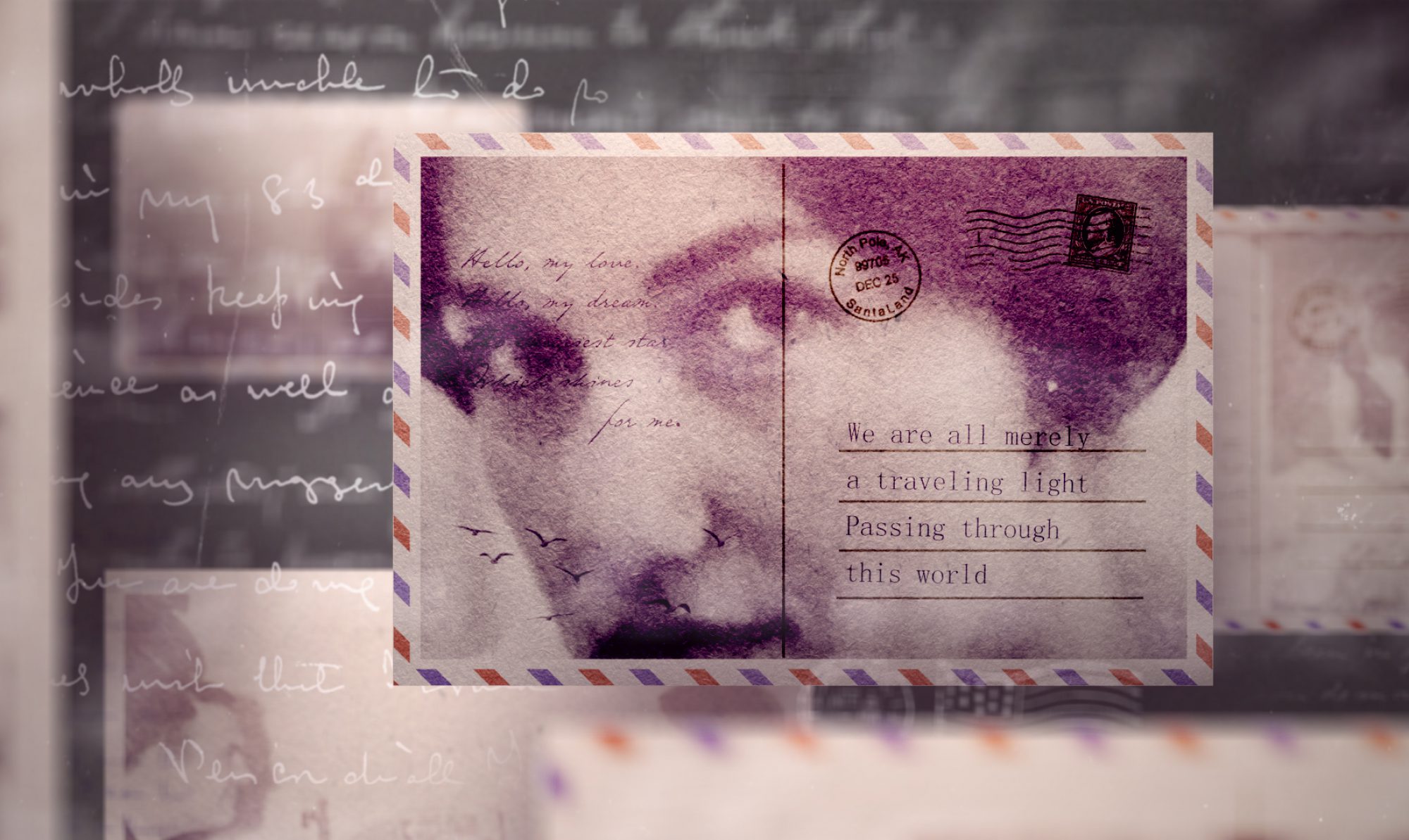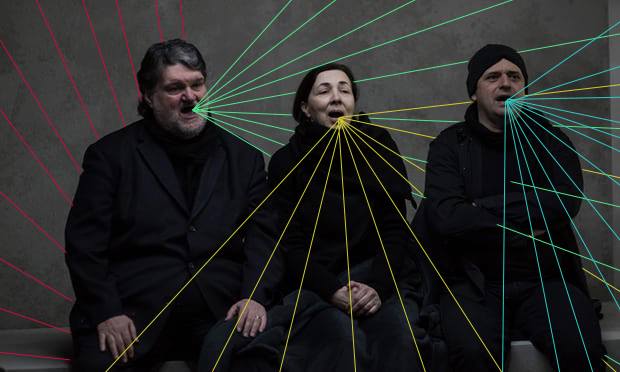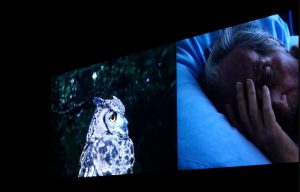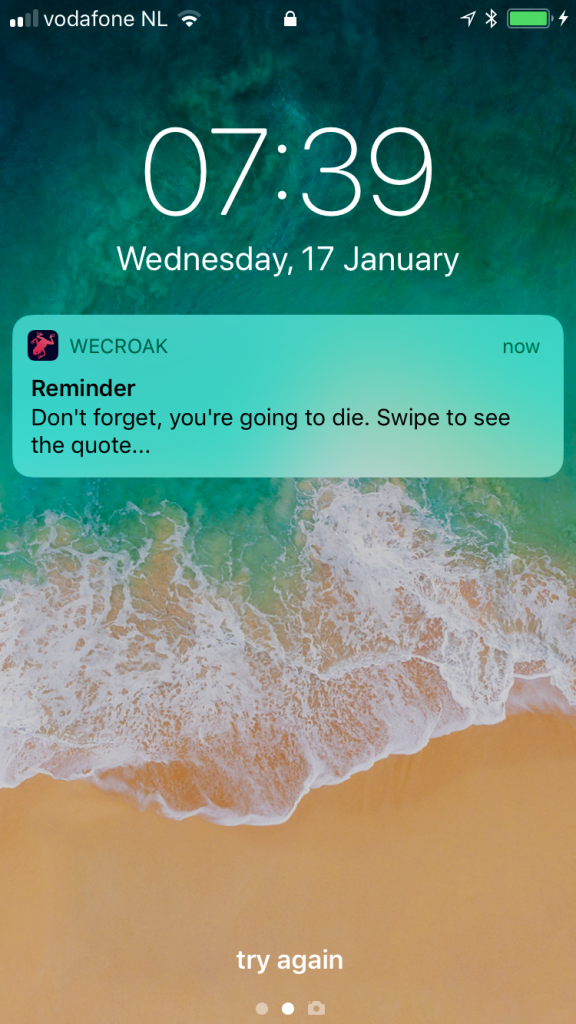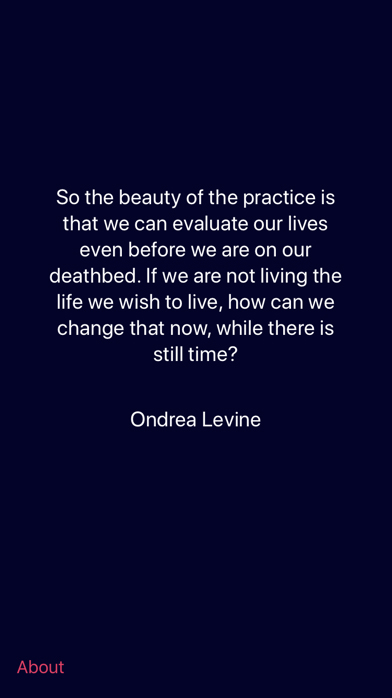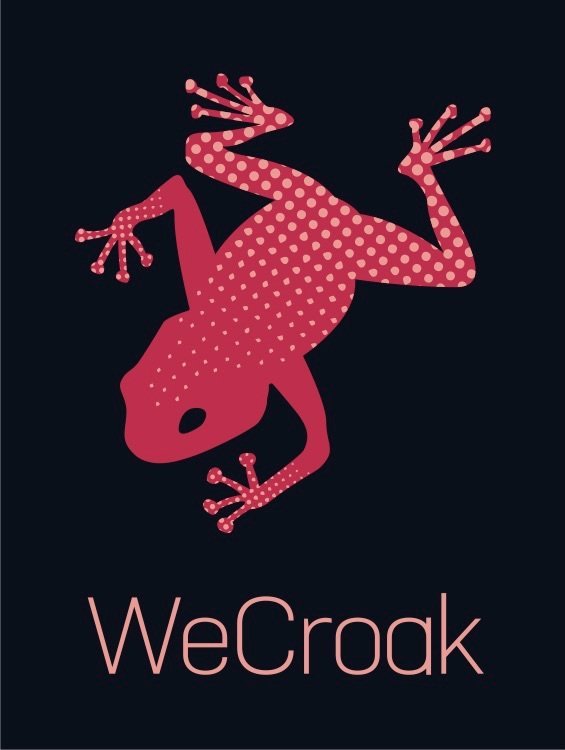My grandparents wanted to die at home.
My grandmother took honour in the fact that my grandfather died at home. When my grandmother’s time had come, I also took pride in being next to her on her deathbed at home.
I even laid next to my her in her last days, just holding and talking to her.
People get uncomfortable when I tell this story, but this is definitely not how I experienced it.
Due to the fact that they were home in the same bed that they were sleeping in ever since I can remember-
because I could accompany them and I was part of the process I experienced it as a peaceful event. Painful, and nevertheless serene .
Why we should all talk about dying
Dr. Kathryn Mannix explains why we should all talk about dying.
Geplaatst door BBC op zaterdag 31 maart 2018
